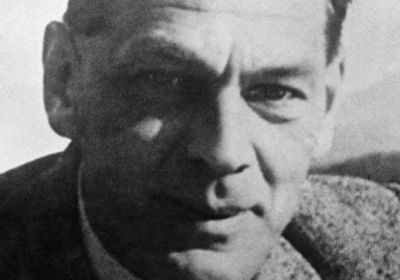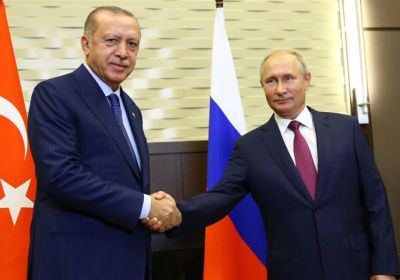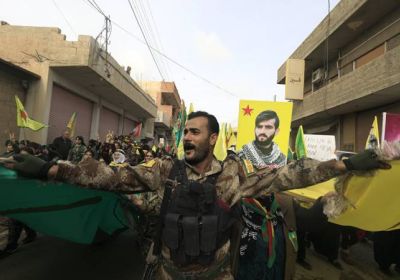
Dr Richard Sorge, a German communist who penetrated the innermost political and military circles of the Japanese and German governments for a decade from the mid-1930s, only ever had one good thing to say about the Nazis.

Dr Richard Sorge, a German communist who penetrated the innermost political and military circles of the Japanese and German governments for a decade from the mid-1930s, only ever had one good thing to say about the Nazis.

Russian president Vladimir Putin, the main backer of Syrian dictator Bashar al-Assad, met with Turkish president Recep Tayyip Erdogan, which has supported the rebels seeking to overthrow Assad, in the southern Russian town of Sochi on September 17.

The Assad regime and its allies have been building up their forces around the rebel-held Idlib province, in Syria’s north-west, in preparation for a major offensive. Some bombing raids have already been carried out in the south and west of the province.

A country that for more than 70 years maintained an amateur football (soccer) league is today hosting the biggest sporting event in the world, writes Javier Szlifman.